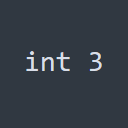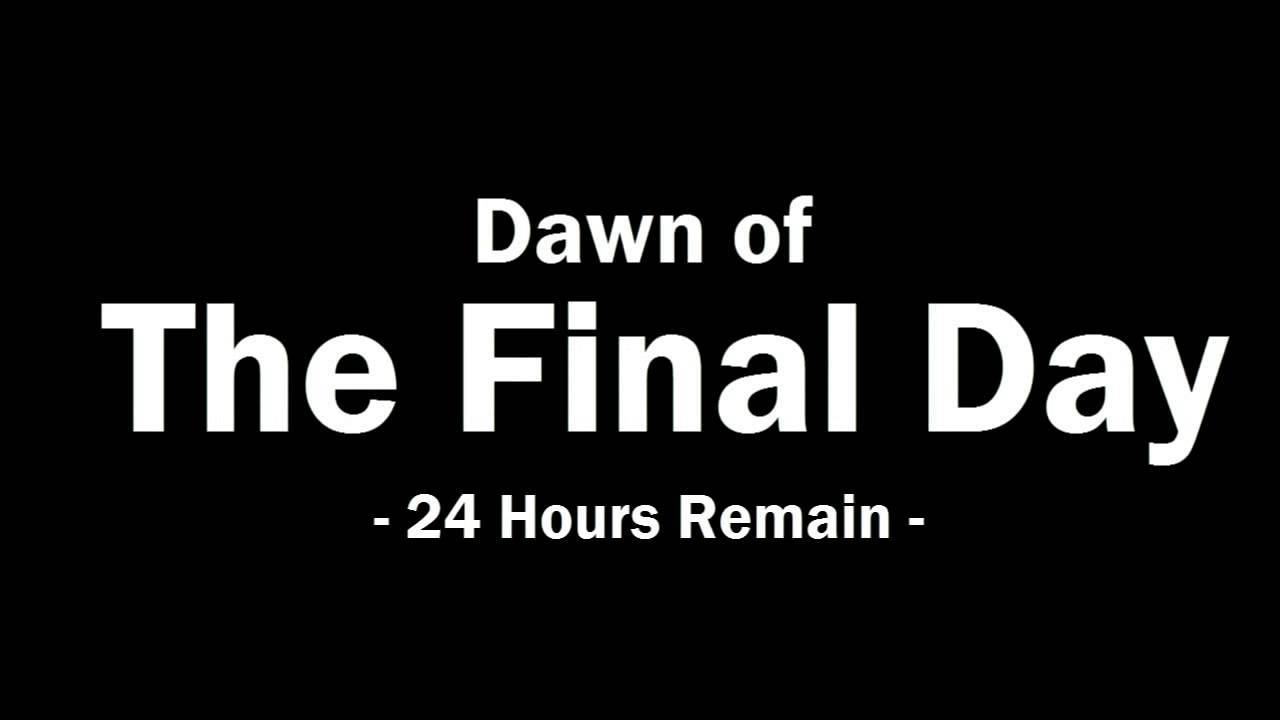- 2 Posts
- 10 Comments
I’m thirsty, I need wahwah

 5·1 year ago
5·1 year agoSomething I don’t often see people talking about this game is the ending, which probably had the largest effect on me of any game I’ve ever played.
spoiler
Before I played Spec Ops: The Line, I was staunchly against suicide in all instances.
The ending puts you in a situation where you’ve more or less committed genocide (or at least horrifying war crimes), for ultimately no real cause. There’s no solution to make amends, you can’t undo what you’ve done.
It then puts you in a position where you can effectively choose to commit suicide.If given the choice, most people would go back in time and kill hitler. But what if you WERE hitler, and suddenly realized the true implications of your actions. You were responsible for the torture and murder of millions on innocent people, actions that are impossible to forgive. Would the moral and ethical action be to kill yourself? Even if doing so wouldn’t prevent further death or harm to others?
That ending made me rethink my stance on suicide, the topic is far more complicated than I used to think it was. To this day, every now and again, I still think about the choice at that ending.

 2·1 year ago
2·1 year agoI think the main point they’re disagreeing with is this:
you wouldn’t be able to mathematically prove that the signal is perfectly recovered 100% of the time for all possible inputs
They explain why you don’t need 100% accuracy - most compression codecs would only use the network for a prediction, which doesn’t actually have to be correct. It just has to be “more likely to be correct” than existing algorithms.
If you want to read up more on the context of these prediction functions, the general class of compression algorithms you’d use for this are called prediction wavelet codecs. FLAC and arguably PNG are both prediction wavelet codecs.

 9·1 year ago
9·1 year agothere will be a continuous group of chrome users of ~5% that have the feature disabled
inb4 that 5% gets killedbygoogle.com

 1·1 year ago
1·1 year agoI’m surprised you didn’t mention zstd, I’ve been using that in a bunch of projects for a while now

 4·1 year ago
4·1 year agoStory time:
When I was in high school, a guy in one of my classes was the kind of guy who’d use the word “gay” in that manner. I don’t think he was actually explicitly homophobic, more just had an edgy teenage sense of humor.One day, he was talking with a friend of mine that he didn’t know was homosexual, and at one point he “jokingly” said to my homosexual friend, in that exact same joking way: “What are you, gay?”
You could hear a pin drop. Everyone in the room was uncomfortable after that. If he said that to anyone else, you’d just brush it off as an ignorant joke, but because of who he said it to, it became targeted, even if that wasn’t his intention at the time.
I had never met a gay person and have never had (and still dont have)
Roughly 5-10% of people are gay. You have almost certainly talked with many gay people, you may have even made these kinds of jokes in front of those people. This might be a good time to reflect on why those people might have chosen not to share their sexuality with you.
Either way, I’m glad we can have an open conversation about this here - I think most people have gone through some kind of “problematic” phase at one time or another, and openly talking about it with others can help.
Extra context: I’m straight, most of my friends aren’t
Please add the word rule to your post title

I stole this from a 2017 post